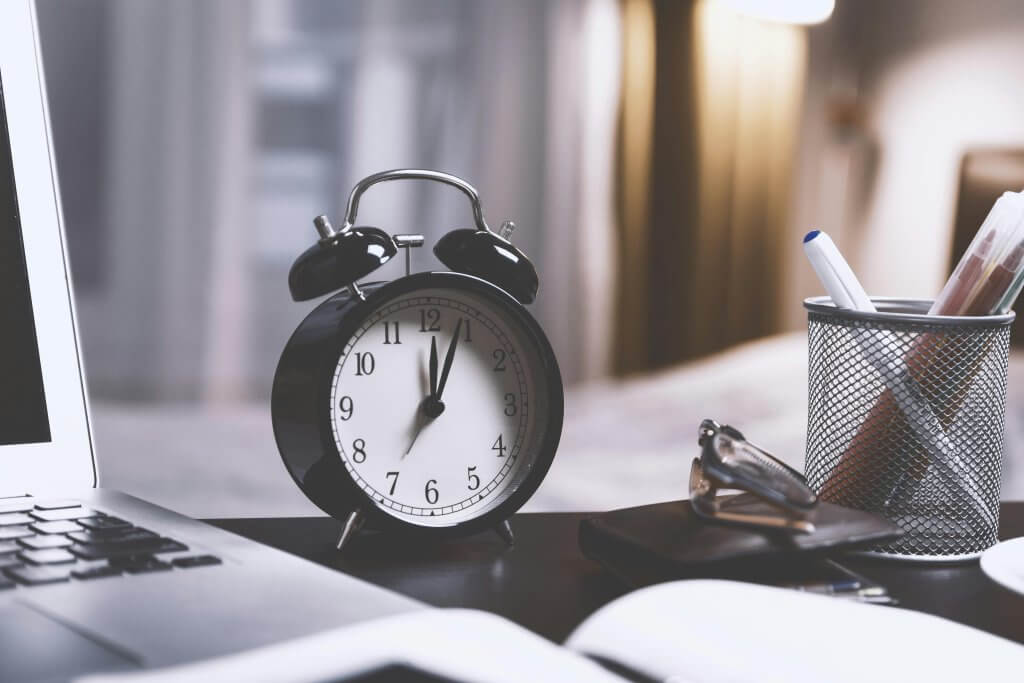Limited liability is the legal protection that separates your personal finances from your company’s debts. When you register a limited company, the business becomes its own legal entity. That means the company itself can own property, sign contracts and borrow money. If it gets into trouble, creditors must claim against the company’s assets, not yours.
Limited liability vs unlimited liability
To understand limited liability, it helps to compare it with the alternatives.
Limited companies
When you register a limited company, it becomes a separate legal entity. The company can own property, sign contracts and borrow money in its own name. If the business can’t repay its debts, creditors can only go after the company’s assets. Your personal risk is limited to what you’ve invested in the company, plus anything you’ve personally guaranteed.
Sole traders and partnerships
If you trade as a sole trader or in an ordinary partnership, there’s no separation between you and the business. You and the business are legally the same. If the business owes money it can’t pay, you personally owe it. Creditors can pursue your personal savings, car or even your home to cover the debt.
Why do owners have limited liability?
The purpose of limited liability is to encourage entrepreneurship. By limiting personal risk, the law gives directors and shareholders the confidence to start companies, hire staff and invest in growth.
In the UK, limited liability mainly protects directors and shareholders, ensuring their personal liability is usually capped at what they’ve invested in the company.
What does having limited liability mean in practice?
If your company can’t pay its debts, your personal assets are usually safe. Creditors can only recover money from company property such as stock, equipment or business bank accounts.
But limited liability doesn’t mean you can never be held personally responsible for company debts.
It’s important to note that this protection is void if an insolvency investigation finds that you’ve neglected your directors duties.
When limited liability might not apply
You could still face personal liability if:
- You signed a personal guarantee for a loan, lease or supplier contract
- You left an overdrawn director’s loan account at the point of insolvency
- You kept trading when the business was insolvent (wrongful trading)
- You misused funds or failed to pay taxes such as VAT or PAYE
- You spent a Bounce Back Loan on personal rather than business needs
Limited liability and HMRC debts
Unpaid tax is one of the most common worries for directors. HMRC has strong enforcement powers, but tax debts usually remain company debts, not personal ones.
That changes if HMRC believes there has been dishonesty or deliberate avoidance. In those cases, they can issue a Personal Liability Notice, making the director personally responsible for company debt to HMRC.
What if your company can’t pay its debts?
If your limited company is insolvent, you have formal options designed to protect both directors and creditors.
A Company Voluntary Arrangement (CVA) lets you repay what you owe over time while keeping the business open.
Administration can give temporary breathing space while a recovery or sale plan is worked out.
A Creditors’ Voluntary Liquidation (CVL) closes the company in an orderly way, with most debts written off.
Is limited liability always advisable?
For most directors, limited liability is a major benefit. It reduces personal risk and makes running a company more viable. But it isn’t absolute protection. Personal guarantees, tax arrears, misconduct and wrongful trading can all expose directors personally.
In short: limited liability can be a good thing, but only if you use it responsibly and act within your legal duties.
We’re here to help you understand ‘what is limited liability’
If you’re unsure whether your personal assets could be at risk, it’s best to get clear advice early. Our licensed insolvency practitioners can explain your position, outline your options and support you through the next step.
Don’t wait until problems escalate. Get in touch for free, confidential advice and take back control of your situation.




